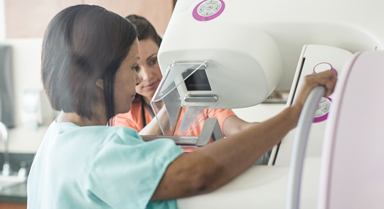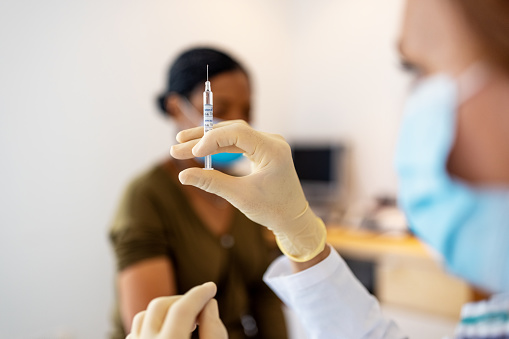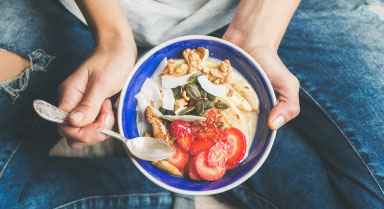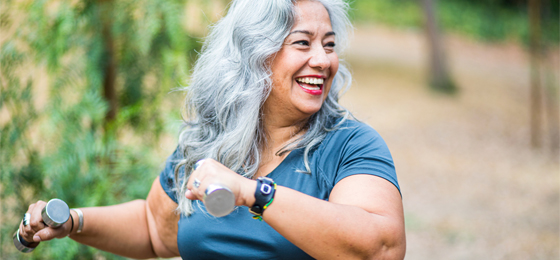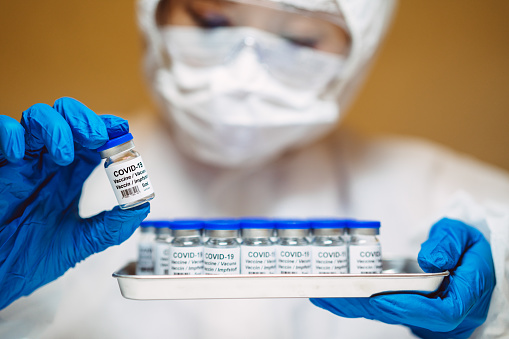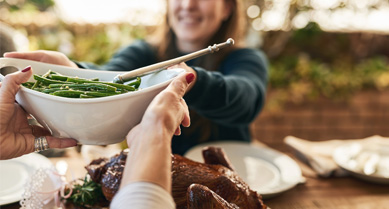While it’s only natural to want to eat enough to maintain yourself throughout the day, excessive eating tends to lead to the feeling of heaviness. Here are some healthy eating tips to consider:
From Iftar…
Dates
Traditionally, the fast is broken by eating three dates. Not only are dates high in fiber, complex carbohydrates, healthy natural sugar, and minerals, they also aid digestion and are an excellent source of energy and nutrients. After a long day of fasting, eating dates regulate the body’s blood glucose levels, due to the fiber and the complex carbohydrates. This prevents a sudden rise in blood glucose after a long fast, by causing a moderate and a gradual rise in insulin.
Water, soup, and liquids
Drinking a glass of water will rehydrate the body immediately after eating dates. Soup is a common dish served throughout the month of Ramadan. This simple dish helps the stomach to recover after a day of fasting and aids digestion. Popular soups include variations of lentil soup as well as harira soup which is made of dried legumes (lentils, chickpeas, and fava beans).
Vegetables and legumes
Healthy food full of vegetables, legumes, and fruit are recommended to have as solids after the soup, to enrich your body with the needed vitamins, minerals, and phytonutrients. This will provide you with energy for the body to function optimally. A salad is a very typical dish that is served as an accompaniment. A traditional Middle East salad called fattoush contains tomatoes, cucumber, lettuce, onion, parsley, mint, and dry bread.
Healthy proteins and fats
Don’t forget about eggs and dairy products, like yogurt, as a good source of both healthy fat and protein. Try to avoid eating too much cheese as they are high in saturate fats, which are not considered a healthy source of fat.
Finally, plant-based proteins are a rich source of nutrients and a very good alternative to animal-based protein. Enrich your dishes with healthy fats such as olive oil, avocado, and nuts.
…to Suhoor
As Suhoor needs to provide you with enough energy to last until Iftar, it’s important to choose the right foods that will sustain you throughout the day.
Complex carbohydrates, especially based on fiber
During digestion, carbohydrates are turned to glucose, which gives the body energy. Incorporating complex carbohydrates such as beans, chickpeas, lentils, and starchy vegetables into your meals will provide you with a long-lasting source of energy to sustain you throughout the day.
Healthy proteins, fats and oil
Dairy products are a good option to take during Suhoor, especially yogurt. Keep in mind to add healthy fats like olive and avocado oil, as well as unsalted nuts. This will provide you with long-lasting energy and will help you sustain yourself throughout the day.
Staying hydrated
Drink lots of water – especially if you live in temperate climates – to stay hydrated. The high temperatures cause you to sweat more, thereby losing fluids. It’s therefore important to replace these fluids with water. Also, consider incorporating other hydrating foods into your meals. Foods that are high in water include watermelon, cucumber, and tomato. A great example of a hydrating dish is the traditional Middle East fattoush salad.
This information is for educational purposes only. It's not medical advice. Always consult with your health care provider for appropriate examinations, treatment and health care recommendations.
This article serves only as a reference and is intended for informational purposes only. Nothing in this article constitutes legal, tax, financial planning, health or medical advice including diagnosis or treatment. Always seek the advice of your physician or other qualified health provider with any questions you may have regarding a medical condition. References to third-party organizations or companies, and/or their products, processes or services, do not constitute an endorsement or warranty thereof. Products and services may not be available in all jurisdictions and are expressly excluded where prohibited by applicable law. All group insurance policies and health benefit plans contain exclusions and limitations. For costs and details of coverage, contact a Cigna Healthcare representative.
Cigna Healthcare products and services are provided exclusively by or through operating subsidiaries of The Cigna Group, including Cigna Health and Life Insurance Company, Life Insurance Company of North America, Cigna Global Insurance Company Limited, Evernorth Care Solutions, Inc., Evernorth Behavioral Health, Inc., or through their affiliates and contracted companies.











